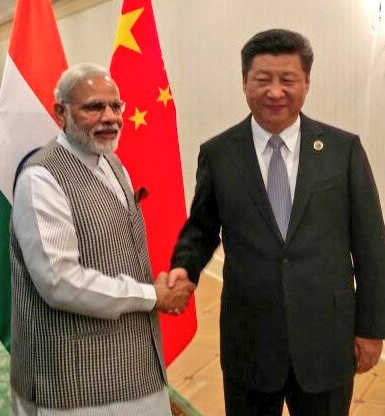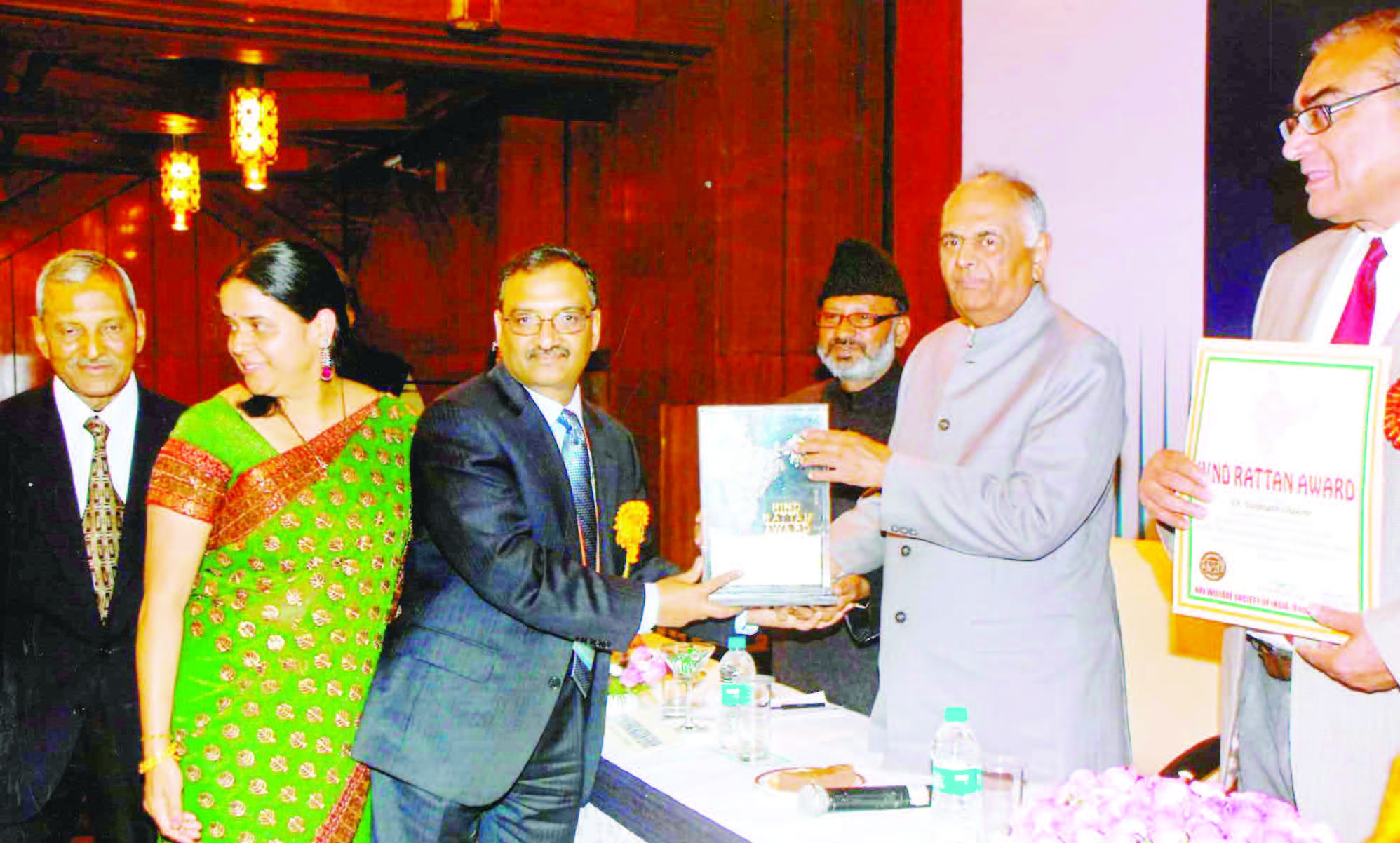
The carefully prepared “surprise visit” of Prime Minister Modi on Christmas day 2015 to Lahore created a media-managed near sense of euphoria in the strategic community in Delhi, and also perhaps in Islamabad. The PM was given high marks, and deservedly so, for his out-of-the-box thinking and courage in undertaking the visit since he knew that not all even in his own party would have welcomed it. He did what Dr Manmohan Singh would have wished to do. He gave to Pakistan even more than what they desired -comprehensive dialogue which suggests a wider scope than composite dialogue.
Foreign Secretary-level talks were announced for January 15, to be held in Islamabad and not in Delhi, thus cleverly avoiding the delicate and difficult question of meeting Hurriyat members. In the wake of the attack on the Pathankot air base, the question is whether to talk or not to talk with Pakistan. The answer is simple. We have no option but to talk for the following reasons.
It has become a part of the accepted and unquestioned narrative at least in India that after every forward movement in India-Pakistan relations, those opposed to such improvement will invariably indulge in a terrorist act to sabotage it. As has been said, this attack was written into the script after Lahore. A little reflection would suggest that the two events are not necessarily linked. An operation like the one in Pathankot could not have been staged at three to four days notice. All experts are agreed that it would have entailed detailed preparations, requiring a much longer time. It would have been impossible for any group to mount such a complex operation in such a quick time after December 25.
The accepted narrative also suggests that if PM had not gone to Lahore, the attack would not have taken place. This is very difficult to swallow. The thorough planning that obviously went into preparing the attack would not have been allowed to go waste simply because the Prime Minister had gone to Lahore.
Furthermore, why would the jihadis worry about a resumption of dialogue?Hundreds of rounds of dialogue have taken place over the decades and the problems have remained. Even the CBMs have not been implemented in full or with sincerity on both sides. And if the intention of those who planned the attack had only one motivation, namely to sabotage the Foreign Secretary-level talks, they would have carried it out just a day or two before January 15. It would have been impossible for Mr. Jaishankar to proceed to Islamabad in the middle of the carnage. By staging the attack nearly two weeks before the scheduled talks, the planners in fact have given ample time to the wise men in India to counsel the PM not to cancel the talks, thus frustrating the very purpose for which the attack is supposed to have been carried out.
Thus, the theory that the Pathankot attack was carried out to sabotage the 15 January talks is not very convincing. Various experts have given various reasons why the Foreign Secretary-level talks should go ahead as agreed. The most widely accepted reason is that cancellation of the talks would give the terrorists the satisfaction of having achieved their objective. Another explanation is that the talks will give an opportunity to us to present the evidence that we would have collected to indicate Pakistan’s involvement in the attack. The government has wisely refrained from naming Pakistan in this context though the media have already identified the group responsible and the official Pakistan agency behind it. We have in the past handed over many dossiers to Pakistan about the 26/11 attack and they have not produced the desired response so far. Nevertheless, there is merit in this argument. After all, we would certainly like to share such evidence with important members of the international community; we cannot do that if we do not share it with Pakistan. The most logical reason for not canceling the talks is that we do not have any feasible alternative. There is a strong sentiment in our country that Pakistan must pay a price for such attacks, that we must inflict “retribution” on them. A cool-headed reflection suggests that we do not have any practical option. We obviously cannot go to war.
Pathankot is not an across-LoC infiltration such that we can consider attacking the “camps”. In any case, we have not been able to “take out” the camps in all these years. Is there some measure that will cause economic discomfort to them? The river waters is one possibility but only theoretically. We cannot afford to stop the flow of waters to Pakistan, even if we may be legally entitled to do so. It will create a storm internationally. Pakistan is not dependent on India for anything that we may deny to them and which will cause hardship to them.
Canceling the next round of talks will give some psychological satisfaction of having done something, but only of a temporary nature. Pakistan will not have to pay a price. It is true that talking with Pakistan gives the civilian regime there something to show to their people, gives them some legitimacy if you like, though they will vigorously deny, and rightly so, the need for any legitimacy from India. It is also true that Pakistan wants to have talks with us, but they do not pay any price by our refusing to talk to them. On the contrary, it is India that will pay a price on the diplomatic front. It will give a propaganda advantage to them, domestically as well as internationally. The pressure will be on us to resume talks. On balance, the better and in fact the only option for us is to proceed with the talks. The date could be postponed by a few days, if it is essential to do so to gather more evidence to present a credible case to them. Modi is not the one to get taken in by professions of sincerity. Illusions have no place in diplomacy.





Be the first to comment